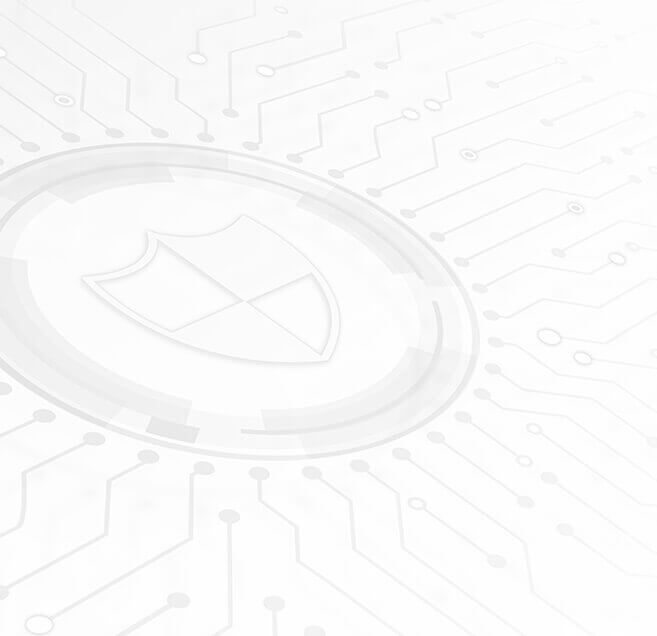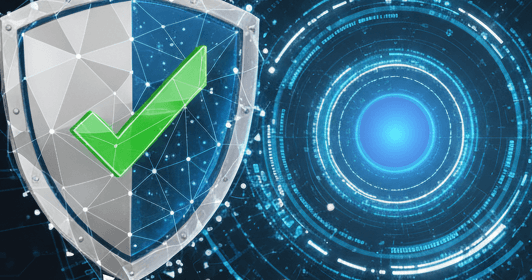
The landscape for housing providers is becoming increasingly complex, with an escalating number, scope, and intricacy of strategic risks. A recent Inside Housing roundtable brought together industry experts and providers to discuss how these threats are perceived and, crucially, how they can be mitigated. While housing providers grapple with unique challenges such as regulatory compliance, health and safety, and stock management, they also face universal dangers, among which cyber threats stand out as a paramount concern.
The Rise of Cyber Threats
Cyber security is no longer just an IT department’s concern; it’s a strategic imperative for housing associations. The Inside Housing Risk Register 2025 highlights that a staggering 85% of landlords now identify cyber security as a strategic risk, a significant increase from 77% the previous year. The risk of a cyberattack compromising IT systems and sensitive resident data is the most frequently cited worry. Real-world incidents, such as the cyberattack experienced by Flagship in 2020 which severely impacted its finance systems, underscore the tangible and potentially devastating consequences. Such breaches can lead to significant uncertainty over liabilities from future legal claims and disrupt essential services.
Housing providers must contend with relentless and sophisticated cyber threats. Protecting data integrity, accuracy, and completeness is a key priority, especially as digital transformation efforts continue to advance services. Effective mitigation strategies include robust data management practices, securing data sources in access-restricted locations, and leveraging third-party specialists to host critical systems and data externally across multiple sites. Developing a comprehensive data maturity delivery plan and consistently cleansing data are vital steps to ensure resilience against evolving cyber threats.
Proactive Risk Management
The discussion at the Inside Housing roundtable highlighted the critical need for housing providers to foster a culture of comprehensive risk management. This involves not only identifying and assessing risks but also implementing robust mitigation strategies. Effective approaches include:
- Strong Governance: Ensuring that risk awareness and management flow from the top of the organisation through all levels.
- Data-Driven Decisions: Utilising data to inform better decision-making, even when the data presents challenges, and understanding that risk management can be a powerful tool for driving positive outcomes.
- Strategic Partnerships: Collaborating with specialists to enhance specific areas of risk management, particularly in complex fields like cyber security.
For the housing industry, a sector-specific approach to cyber security is crucial. Mondas offers tailored solutions designed specifically to address the unique cyber threats faced by housing providers, helping them to safeguard sensitive data, maintain operational continuity, and protect their residents. By understanding the evolving threat landscape and embracing proactive strategies, housing providers can build greater resilience and continue to deliver essential services effectively.





